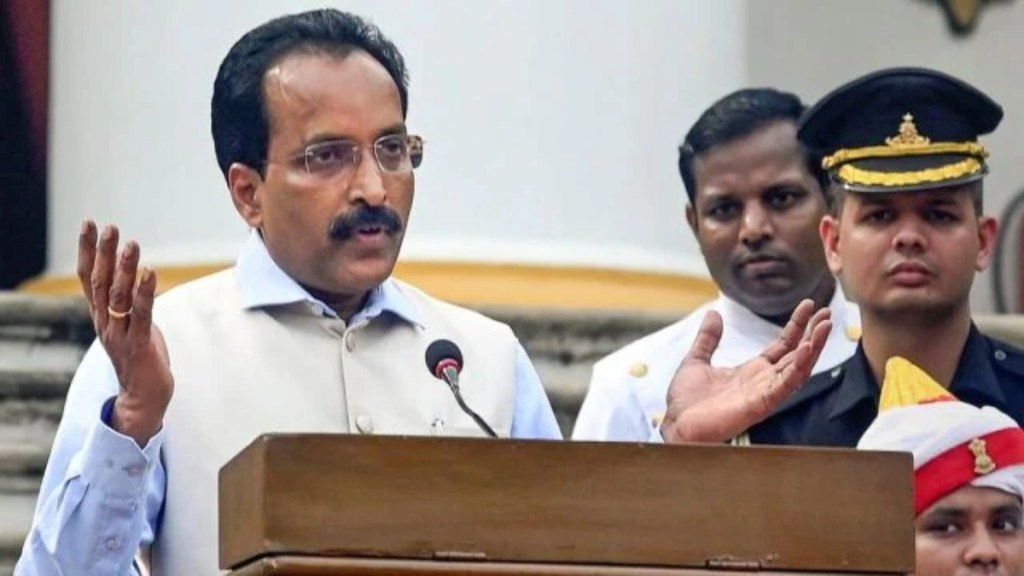India’s space sector is at a critical juncture, facing both challenges and opportunities, stated Indian Space Research Organisation (ISRO) Chairman S Somanath during his keynote address at the third Annual India Space Congress (ISC) 2024 held in New Delhi.
Organized by SIA-India, the event brought together over 300 global space organizations and delegates from 30 countries, reflecting the sector’s growing importance on the international stage.
Addressing Internal Demand and Cost Challenges
Somanath highlighted the need to stimulate internal demand for satellite launches within India. He emphasized that while ISRO has developed significant space capabilities and nurtured talent in the country, creating robust demand remains a crucial objective. “We need to create more internal demand,” stated Somanath, pointing out that the communication segment and big satellite builders could drive this demand through expanded applications of satellite technology.
Despite global trends that have reduced the cost of accessing space, particularly due to innovations by companies like SpaceX, Somanath noted that India’s rocket costs have not seen similar reductions. Lowering these costs is essential to enable more frequent and cost-effective launches, thereby attracting new participants and fostering growth in the sector.
Encouraging Private Sector Participation
The Chairman acknowledged the willingness of major companies to invest in India’s space sector but highlighted their concerns regarding profitability and securing orders. He stressed the importance of addressing these concerns to encourage significant investments in large-scale state projects, crucial for expanding India’s space operations.
Technological Advancements and Future Goals
Discussing technological advancements, Somanath outlined Prime Minister Narendra Modi’s ambitious vision for Amrit Kaal, which includes extending human space activities beyond the upcoming Gaganyaan mission. The long-term goal is to land on the moon by 2040, marking a significant leap in India’s space exploration capabilities.
However, Somanath admitted current limitations in India’s rocket capabilities, notably with GSLV MKIII (LVM3), which lacks sufficient payload capacity for round trips to the moon. Developing higher-capacity rockets is essential for future lunar missions, including the ability to retrieve samples and eventually conduct manned missions.
Upcoming Launches and Strategic Collaborations
Highlighting immediate plans, Somanath announced the forthcoming launch of GSAT-20, a high-throughput Ka-band satellite designed to enhance connectivity with over 50 Gbps bandwidth capacity. Scheduled to launch aboard Falcon 9 in mid-August, GSAT-20 represents India’s commitment to leveraging advanced satellite technology for broader societal benefits.
Dr Pawan Kumar Goenka, Chairman of IN-SPACe, provided insights into India’s dynamic private space sector, noting significant investments totalling US$135 million last year alone. He expressed optimism about increased activities following recent policy reforms aimed at encouraging Foreign Direct Investment (FDI) in the space industry.
Global Perspectives and Collaborative Efforts
The Congress featured contributions from global partners highlighting India’s strategic role in the international space community. Discussions encompassed diverse topics such as space sustainability, advancements in satellite technologies, and the importance of international collaboration in addressing global challenges through space exploration.
With a focus on cost reduction, technological innovation, and collaborative initiatives, India aims to solidify its position as a leading player in the global space industry. The event provided a platform for dialogue and strategic planning, reflecting India’s aspiration to harness space technology for socio-economic development and global leadership in space exploration.



















